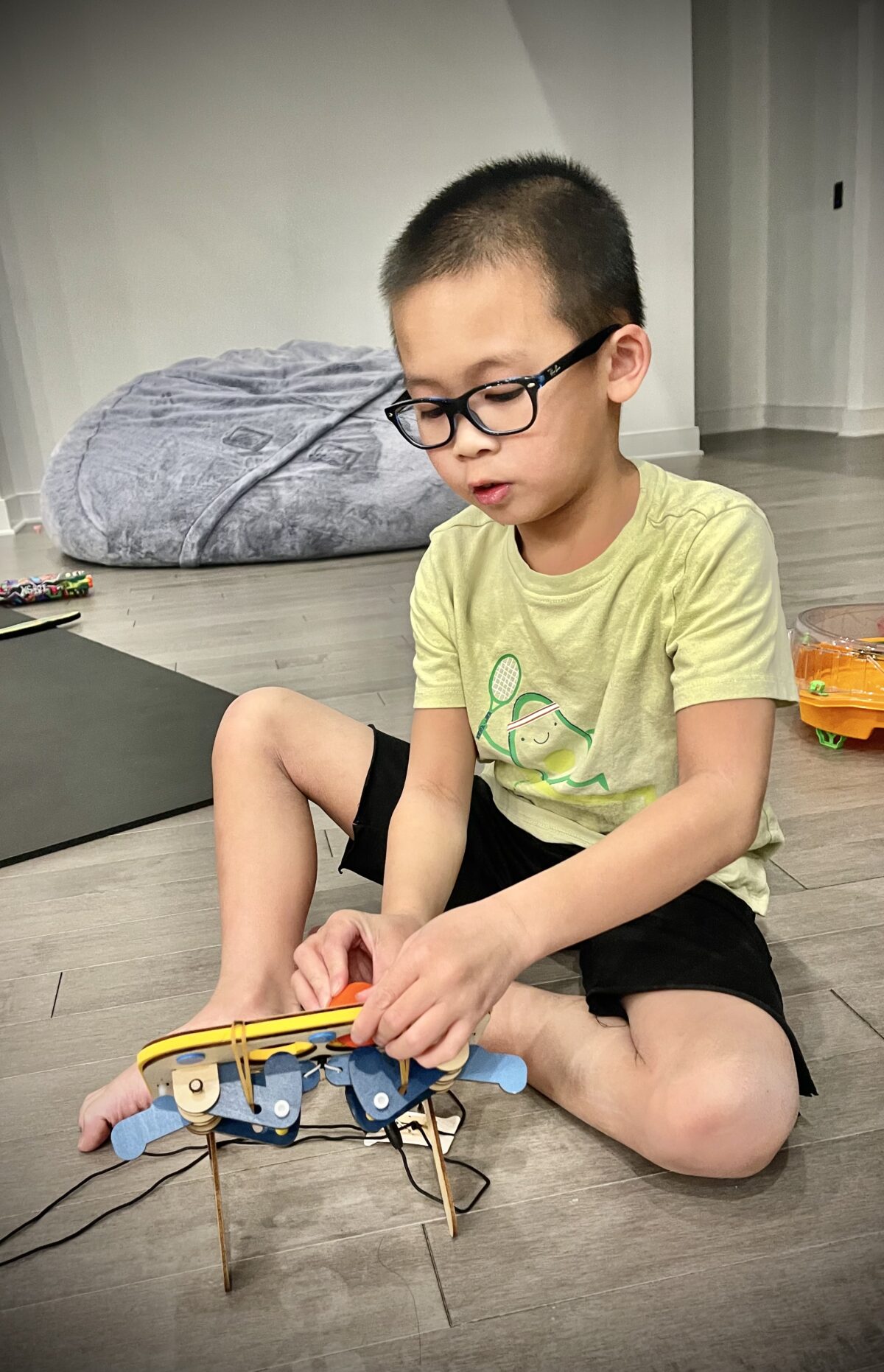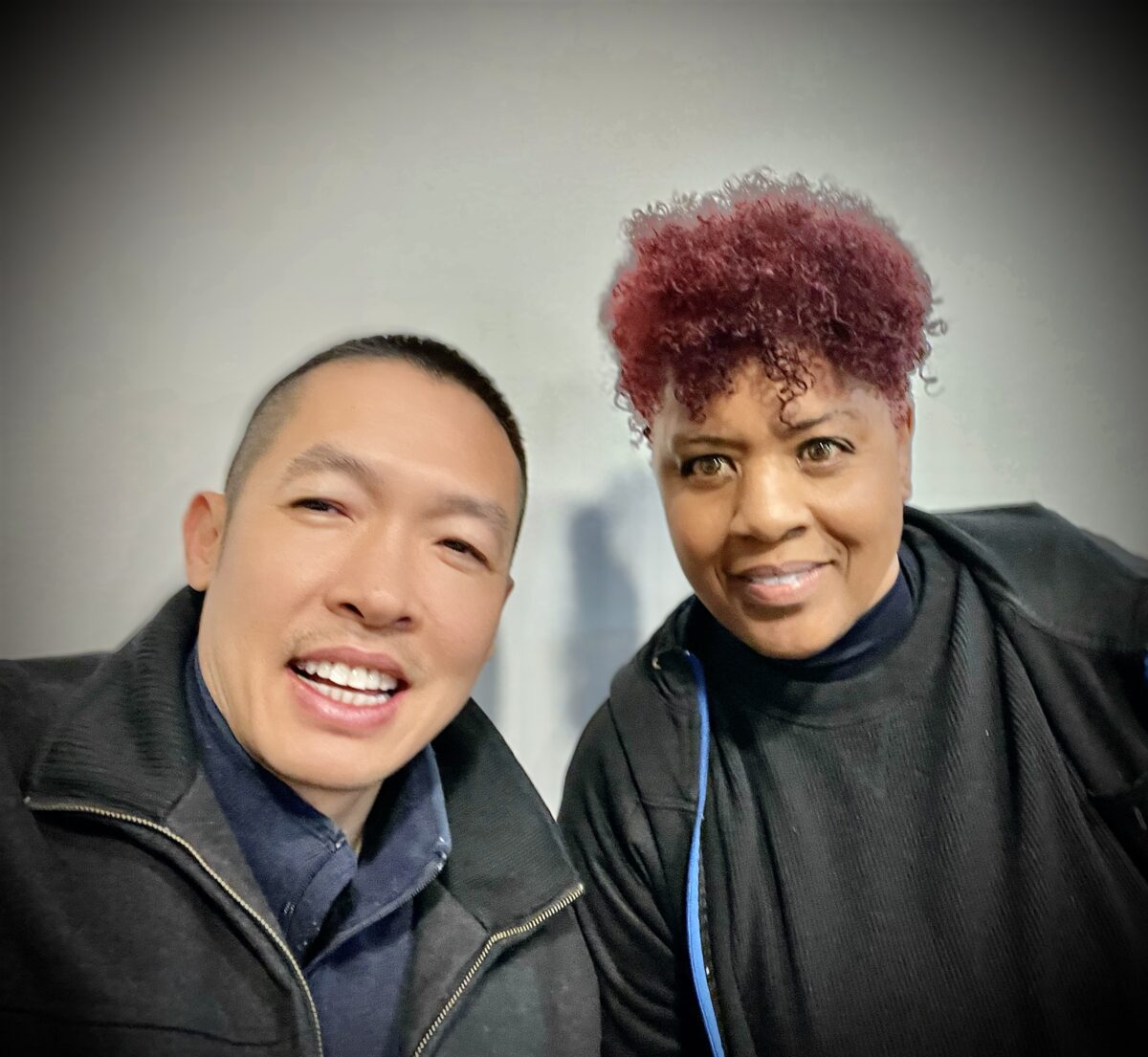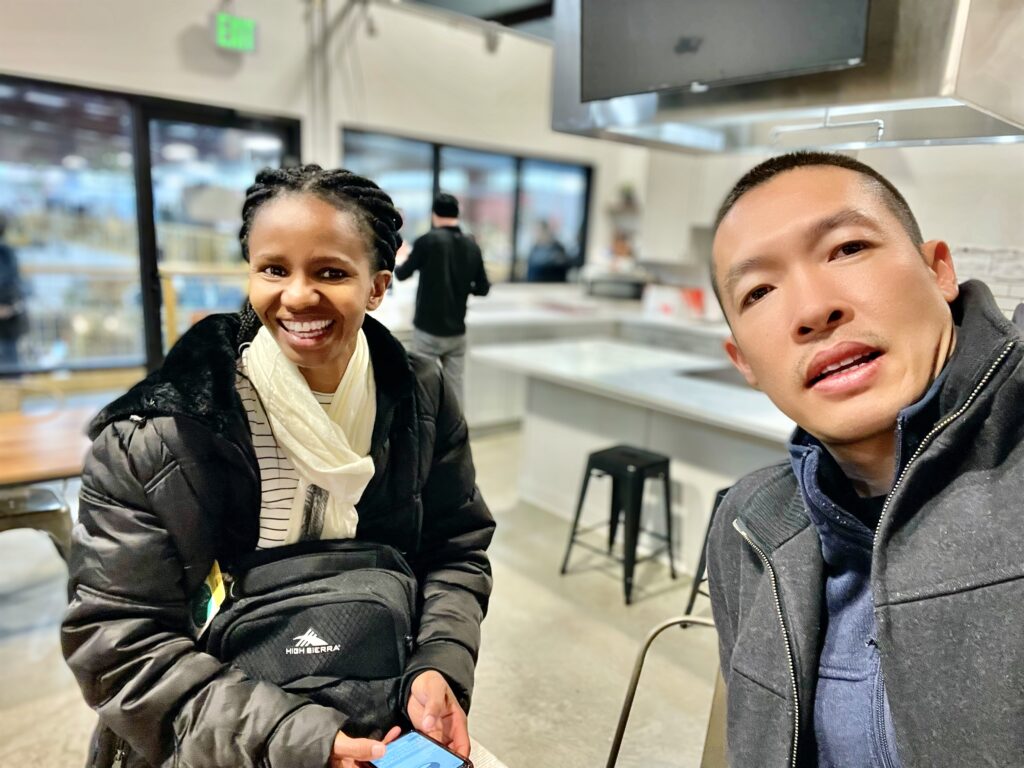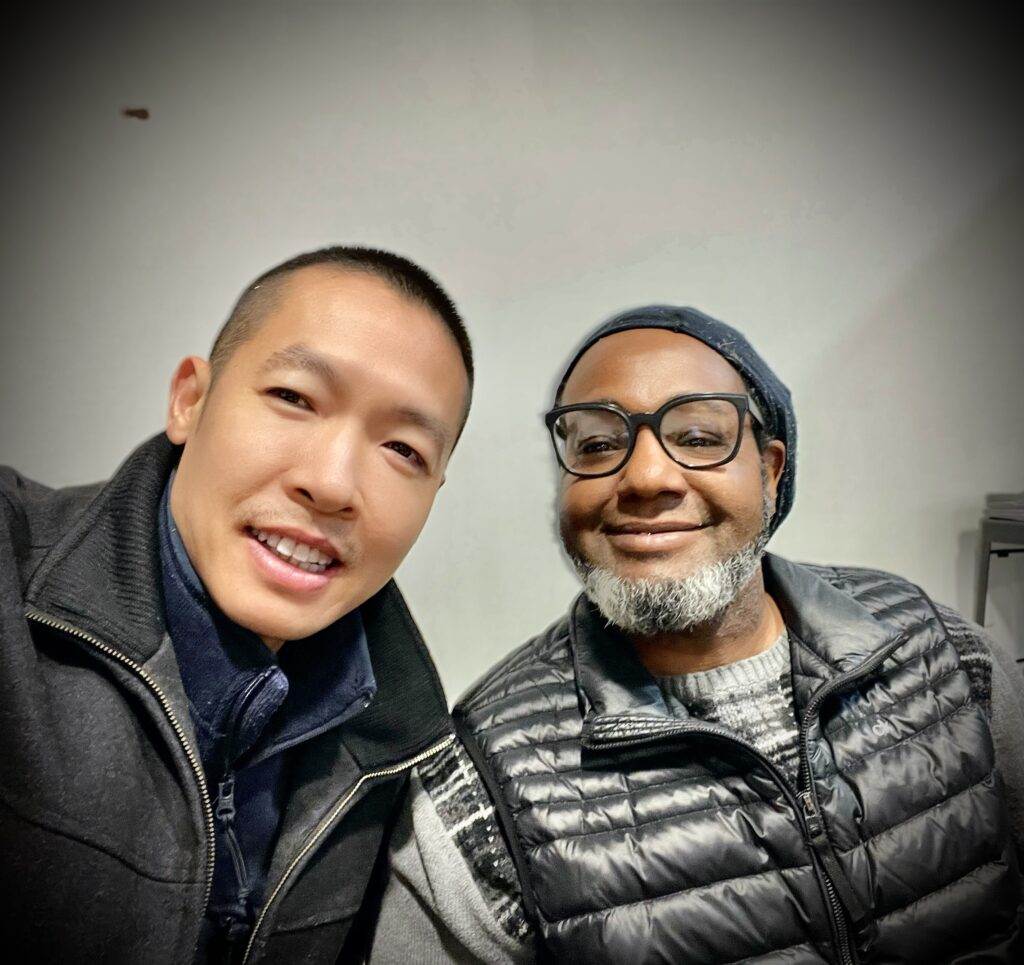Despite the challenges of the past year, the tech industry has always been known for its resilience and adaptability. However, as of March 2023, the industry has seen a total of 121,205 tech layoffs, with notable reductions from big tech companies such as Google, Amazon, Microsoft, Yahoo, and Zoom, as well as from startups across different sectors.
It’s understandable to feel discouraged by these numbers, but it’s important to remember that there is still hope amidst these challenges. We’ve seen companies pivoting and adapting to meet these economic pressures head-on, investing in emerging technologies like AI and blockchain, and accelerating their digital transformation efforts.

Moreover, behind every layoff statistic, there are real people who have been impacted. As a community, we can come together to provide support to those affected by these job losses, providing resources for job seekers or advocating for policies that prioritize job creation and economic stability.
While the road ahead may be challenging, it’s important to maintain a sense of hope and optimism. The tech industry has always been able to weather storms and come out stronger on the other side. As we continue to navigate this uncertain time, let’s support each other and work towards a brighter future for all.
In conclusion, the tech industry has faced a significant number of challenges in recent years, including the wave of layoffs that has impacted many workers. However, as Di Tran reminds us in her upcoming book “Drop the FEAR and focus on the FAITH,” we all have the power within us to overcome these challenges and succeed.
Insecurity and fear can be crippling, but by embracing our inner strength and faith, we can find the courage to push through even the most difficult times. Each of us has the “GOD power” to tap into and overcome the obstacles in our path.
As we move forward, let’s remember that security and strength come from within. By focusing on our faith and inner power, we can find the resilience and determination needed to thrive in a constantly evolving industry. Let’s continue to support each other, lift each other up, and work towards a future that is brighter for all.
References
https://techcrunch.com/2023/03/20/tech-industry-layoffs/amp/
























